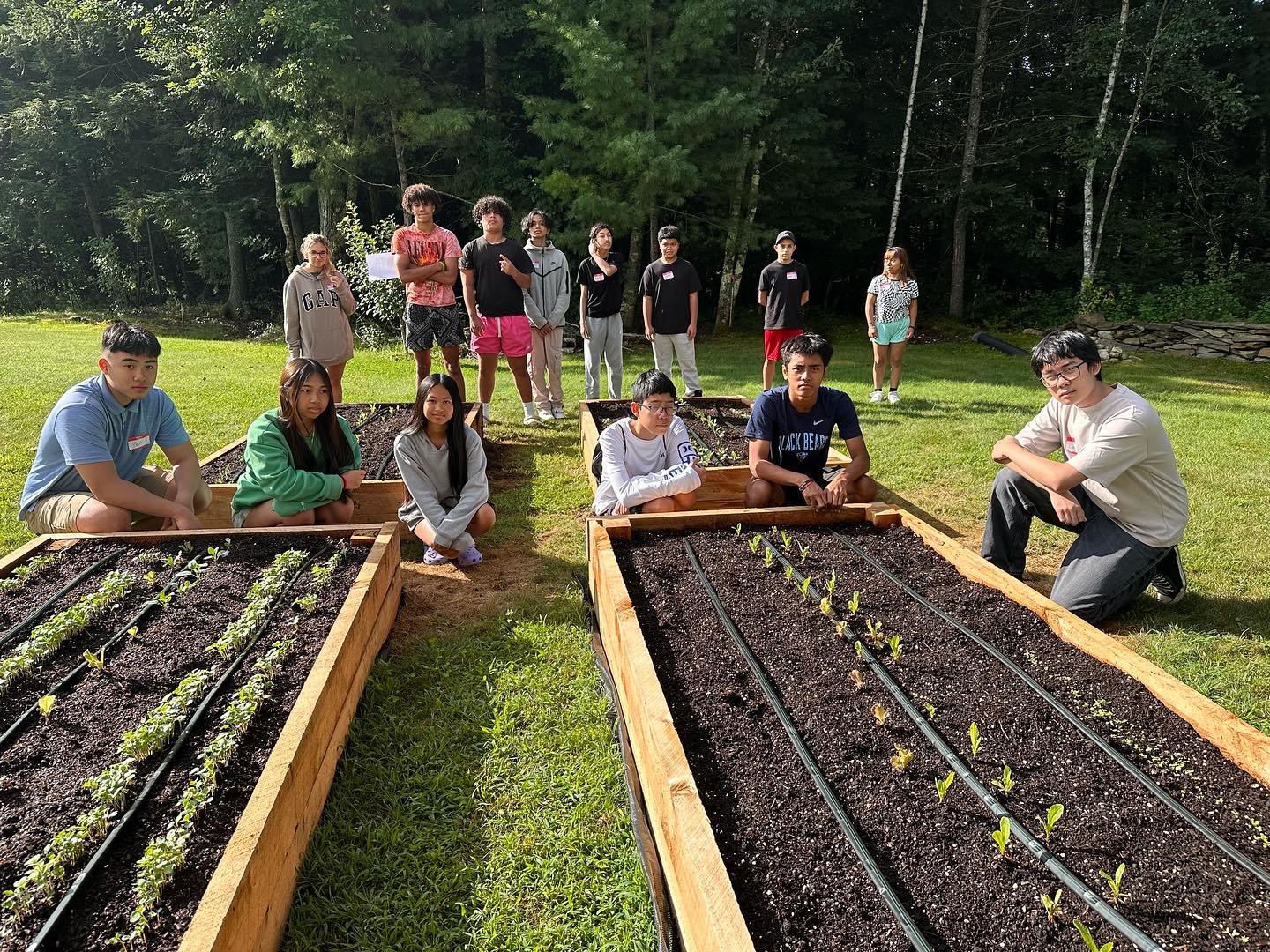
Food & Farm
-
Oh YEA! 4-H Grows True Leaders
Khmer Maine partners with the UMaine Cooperative Extension to offer Cumberland County youth of all backgrounds the opportunity to learn about food systems and agriculture. The partnership focuses on creating innovative and culturally competent 4-H projects involving youth and adults in the design of their experiential learning. The project will produce future leaders and advocates of food production and healthy living regionally, nationally, and internationally.
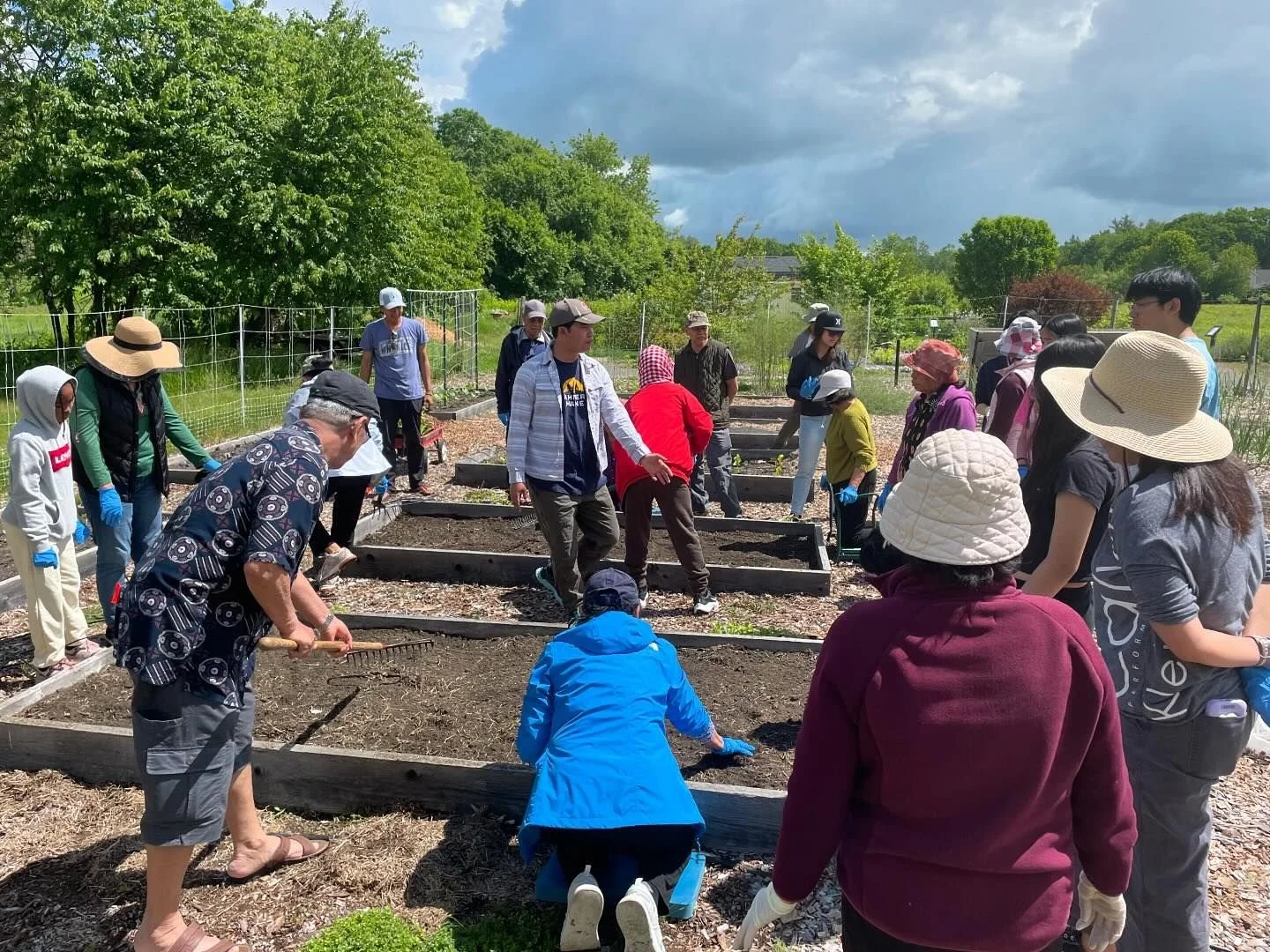
-
Elder Health & Nutrition
We are pleased to offer a series of Health and Nutrition classes in collaboration with the Southern Maine Agency on Aging. These classes are designed to introduce older adults to important health-related topics, including health financials and healthcare terminology. The initiative is a continuation of our pilot Nutrition and Socialization program launched in 2023, which successfully utilized food vouchers for local Cambodian grocery stores to encourage participation and reduce the costs of fruits and vegetables. Our goal is to empower elders with knowledge that supports their health and well-being.
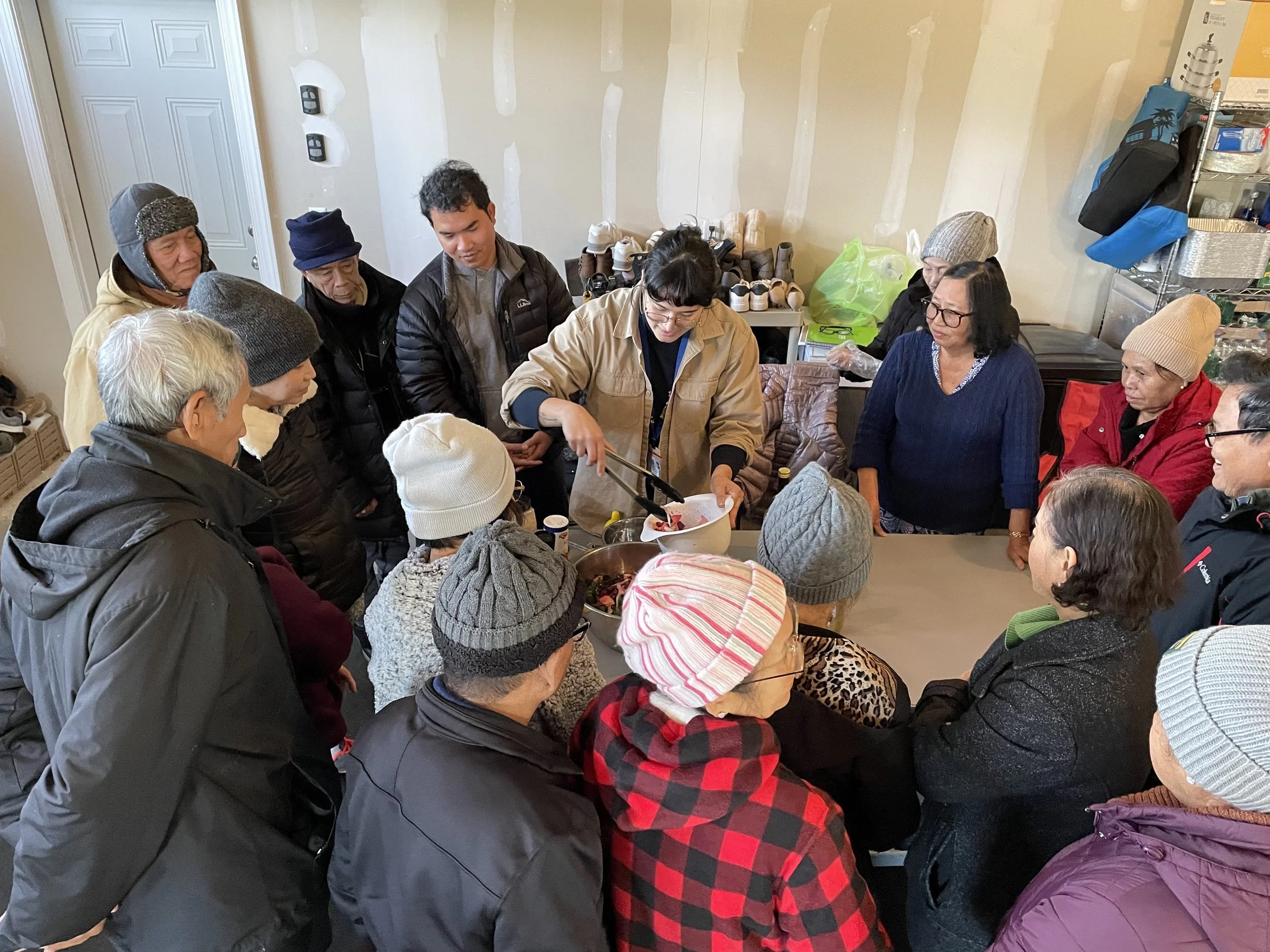
-
Celebrating Khmer Food
Khmer Maine proudly supports local Khmer-owned food businesses when providing delicious food at our various programs and events. From time to time, we enthusiastically host engaging food-related events for the general public to learn about the rich history of Khmer food, diverse cuisine, traditional cooking methods, and much more. We firmly believe that food is a wonderful way to share our vibrant culture and create a positive impact within our community!




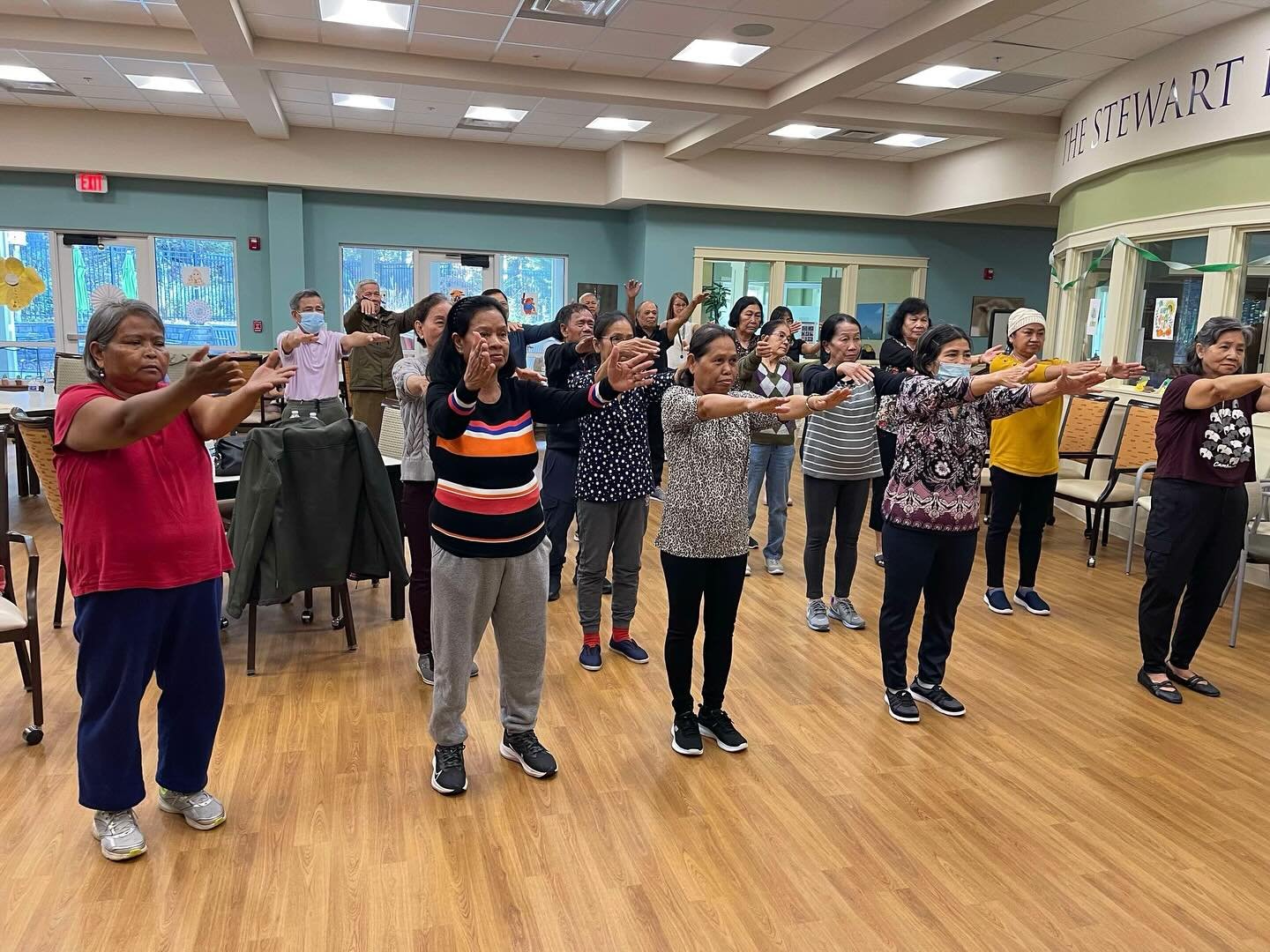
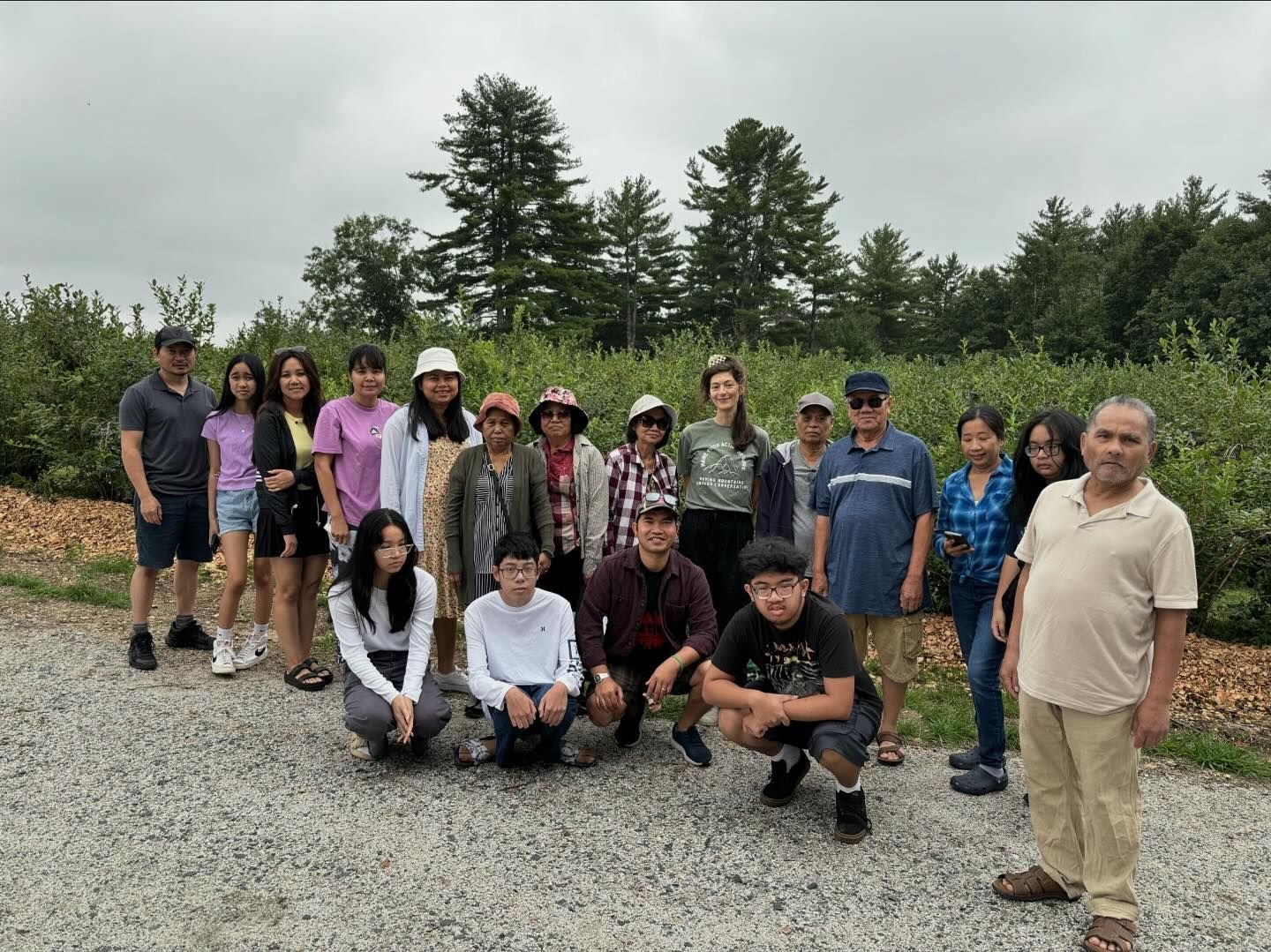
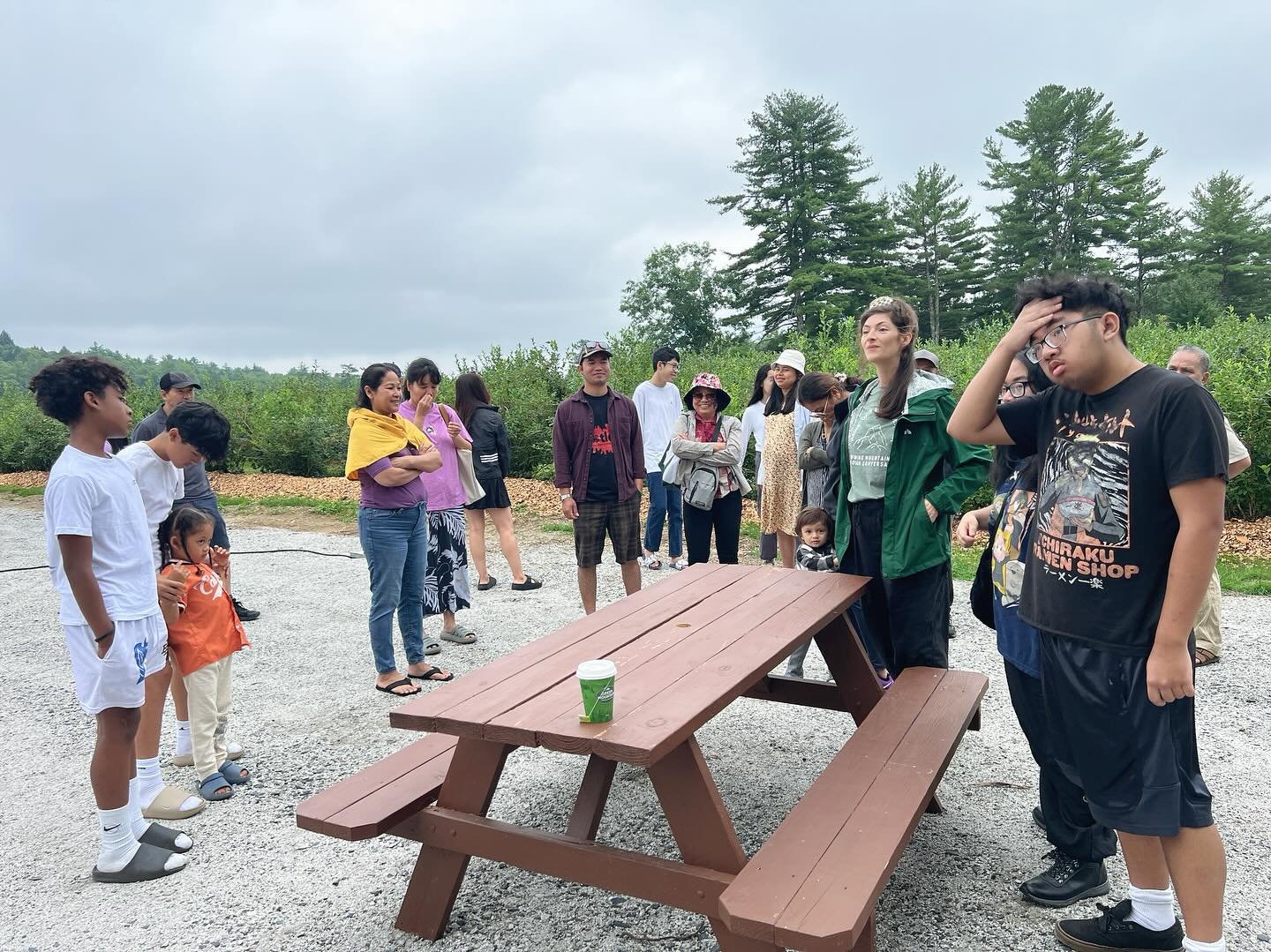


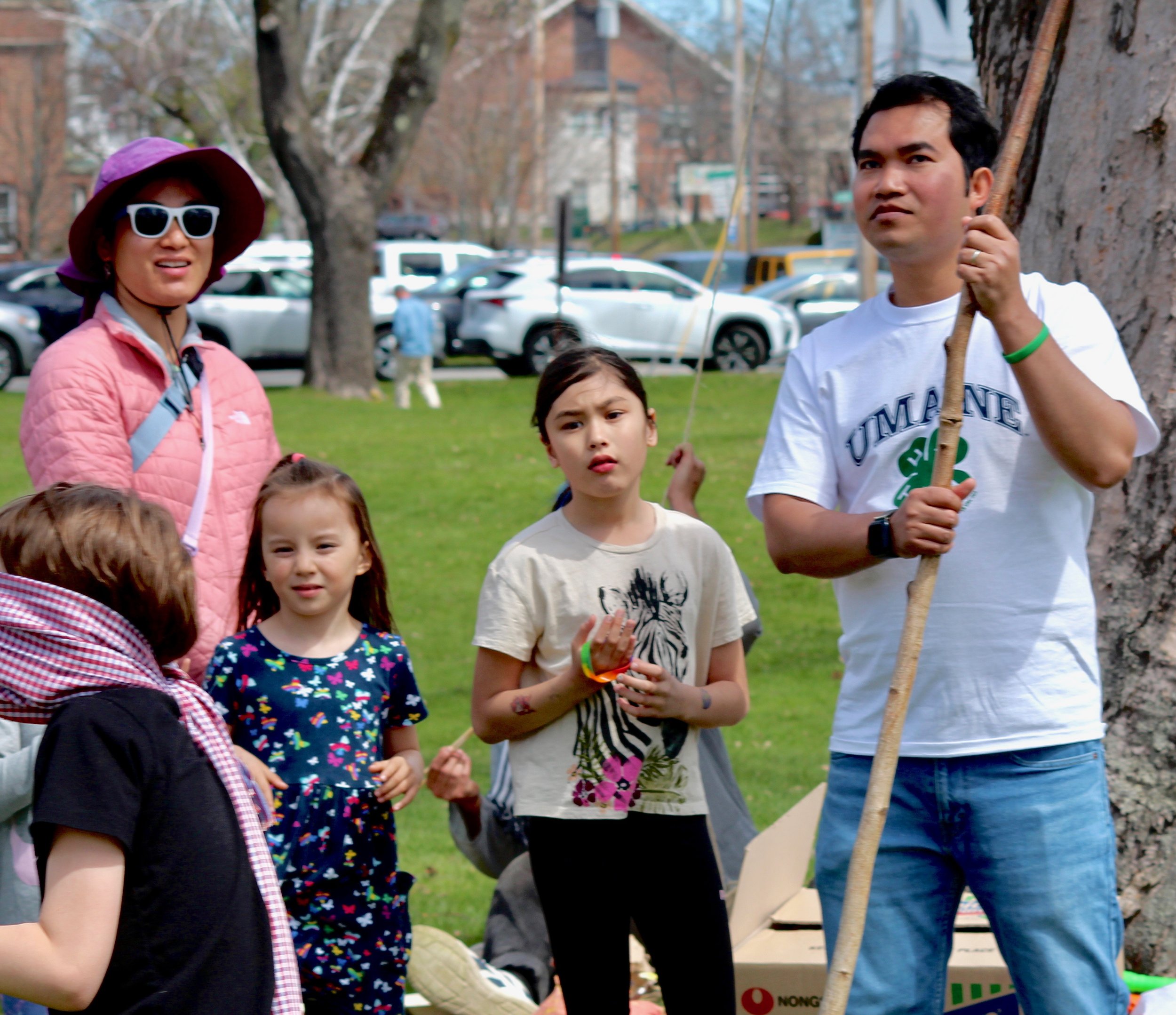

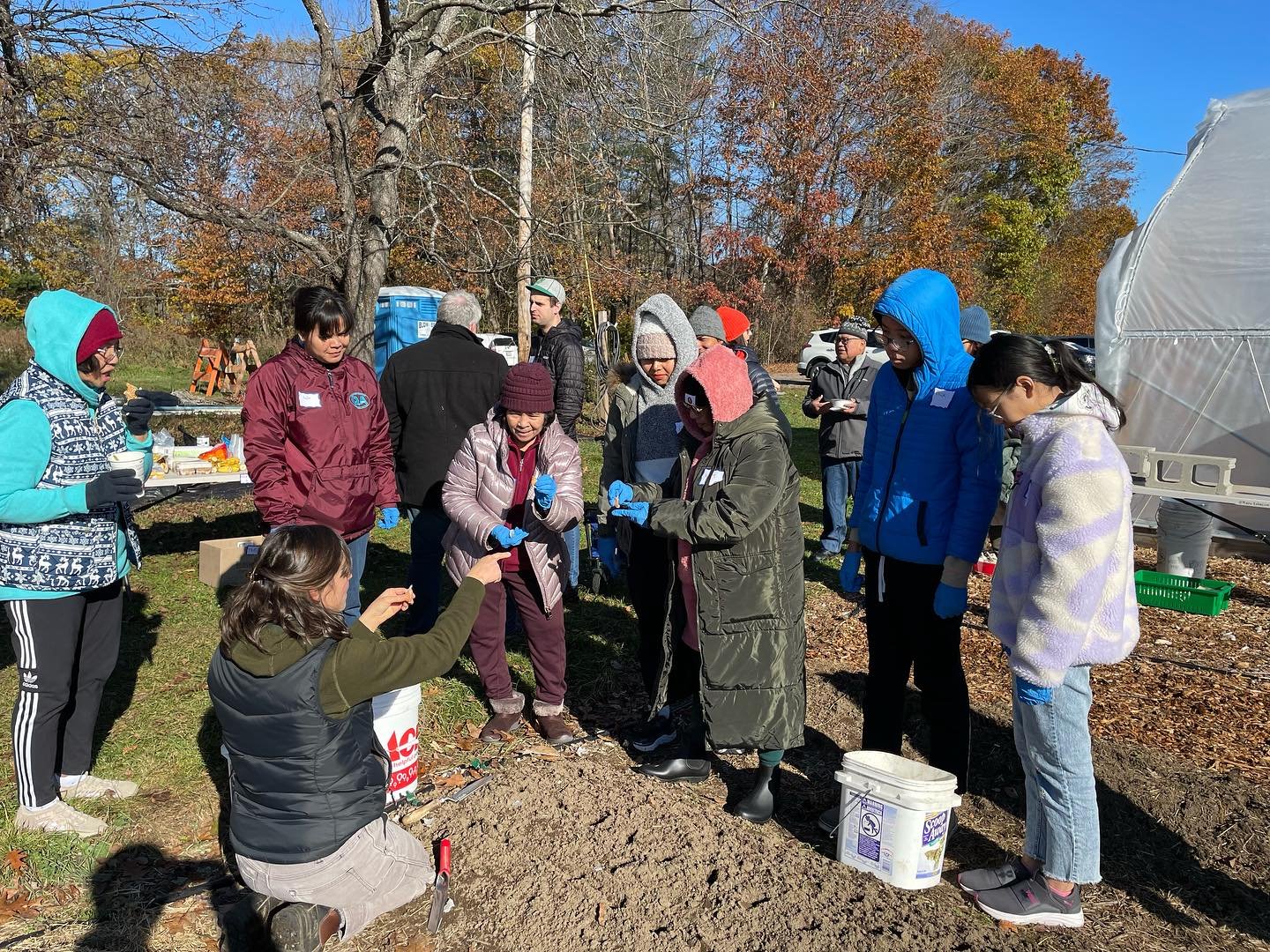

Why Food Matters
Food is the language of love and home in many cultures and is core to the development of one’s sense of belonging, identity, and place. For Cambodian Americans, especially refugee and immigrant populations, access to culturally relevant food means connecting to one’s roots, heritage, and memories. Lack of access to culturally relevant food on the other hand can trigger traumas and past experiences with food insecurity. Both access to and lack of culturally relevant foods are well-documented social determinants of health.
Intersections With Community Health
From a community health perspective, cardiovascular diseases are the leading causes of death among Cambodian Americans, based on limited disaggregated data on the health of Cambodian American populations in California, Massachusetts, and New York. According to these studies:
Between 5.1% to 27.4% of Cambodian Americans reported having diabetes. 24.5% of Cambodian Americans have high cholesterol.1
Less than 50% have had their cholesterol checked.1 2
Only 16.4% of Cambodian Americans reported eating 5 or more fruits and vegetables daily, compared to 32.1% of aggregate Asian Americans and 24.4% of the general US population.1
Cambodian American refugee seniors in particular experience documented mental health disparities, including higher rates of depression, PTSD, diabetes, hypertension, and cardiovascular disease than found in the general U.S. population. These issues are made exponentially worse by the social isolation Cambodian American refugee seniors experience due to cultural and language barriers and barriers to accessing reliable transportation to culturally relevant places of worship, stores, and community gatherings.
In addition, second and third-generation Cambodian American youth are considered at-risk because of the myriad of intersecting issues that correlate strongly with poor academic achievement and outcomes, leading to limited socioeconomic mobility and opportunities as adults.
Like many other children of immigrants and refugees, Cambodian American youth face intergenerational conflict as they grow up in schools, society, and culture that is very different from that of their parents and grandparents. These dynamics often create conflicts in terms of cultural values and strain parent-child relationships, which can affect academic performance and mental health and exacerbates the prevalence of intergenerational trauma related to the Cambodian genocide and migration. Another contributing factor is that Cambodian American youth are more likely to live in households experiencing poverty.

